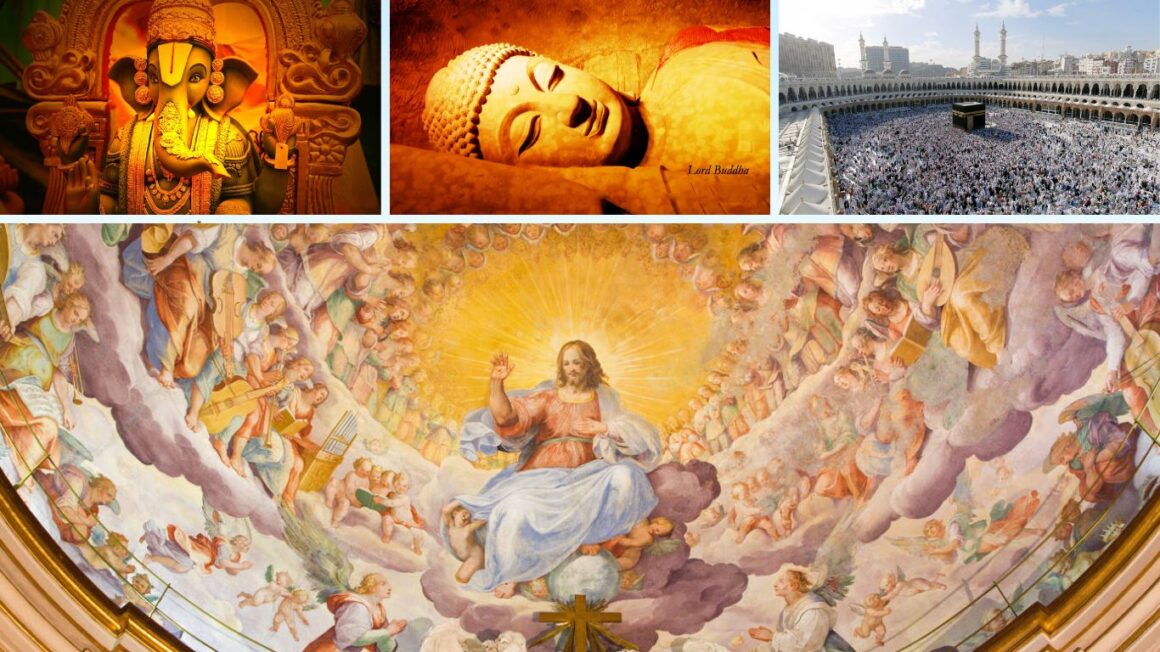- For example, some religions believe in the resurrection of the dead, while others believe in reincarnation or the concep…
- According to Christian belief, after death, an individual will be judged by God based on their actions and beliefs durin…
- In Hindu belief, the concept of reincarnation, or samsara, is central to the understanding of the afterlife.
- Jewish beliefs about the afterlife have evolved and varied over time, and there is no one single belief that is held by …
- This belief is similar to the belief held by some Christians and Muslims.
- Other Jews have believed in the concept of reincarnation, the idea that the soul is reborn into a new body after death.
Depiction of the Afterlife in Different Religion: The concept of an afterlife, or life after death, is a belief that is central to many religions. Different religions have their own unique beliefs about what happens to individuals after they die, and these beliefs often play a significant role in shaping the culture, practices, and rituals of the religion. For example, some religions believe in the resurrection of the dead, while others believe in reincarnation or the concept of an eternal soul.
The depiction of the afterlife in different religions can also vary in terms of what the afterlife is like, with some depicting it as a place of eternal reward and others as a place of punishment. In this way, the concept of the afterlife can be a source of comfort and inspiration for believers, as it offers the possibility of continuation of life beyond the physical body and the possibility of reuniting with loved ones who have passed away.
Depiction of the Afterlife in Different Religion
Christianity
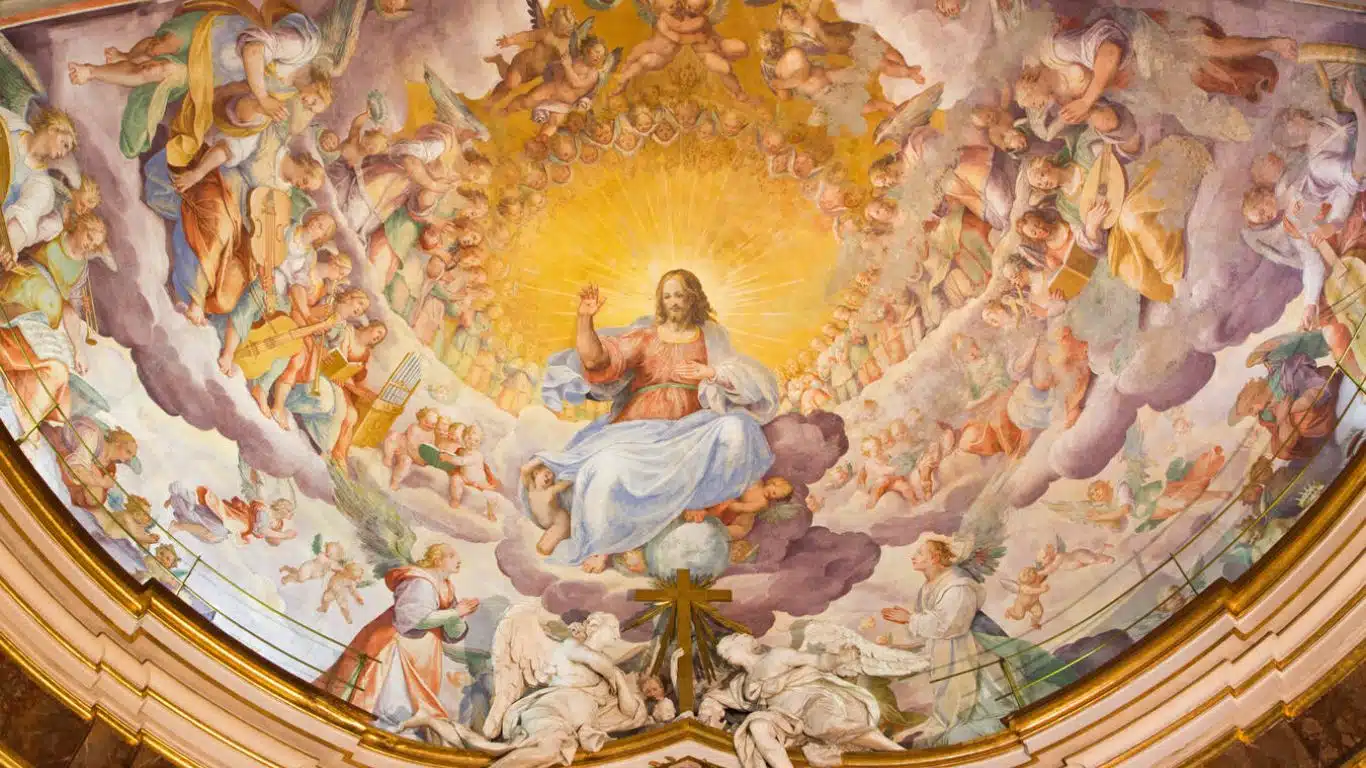
In Christian belief, the resurrection of the dead refers to the belief that the bodies of the dead will be brought back to life and reunited with their souls at the end of time. This belief is based on the resurrection of Jesus, which is seen as the central event of the Christian faith. According to Christian belief, after death, an individual will be judged by God based on their actions and beliefs during their lifetime. Those who have accepted Jesus as their savior and lived according to his teachings will be granted eternal life in heaven, which is seen as a place of perfect joy, peace, and happiness. Those who have not accepted Jesus as their savior or have not lived according to his teachings will be sent to hell, which is seen as a place of eternal punishment.
Islam
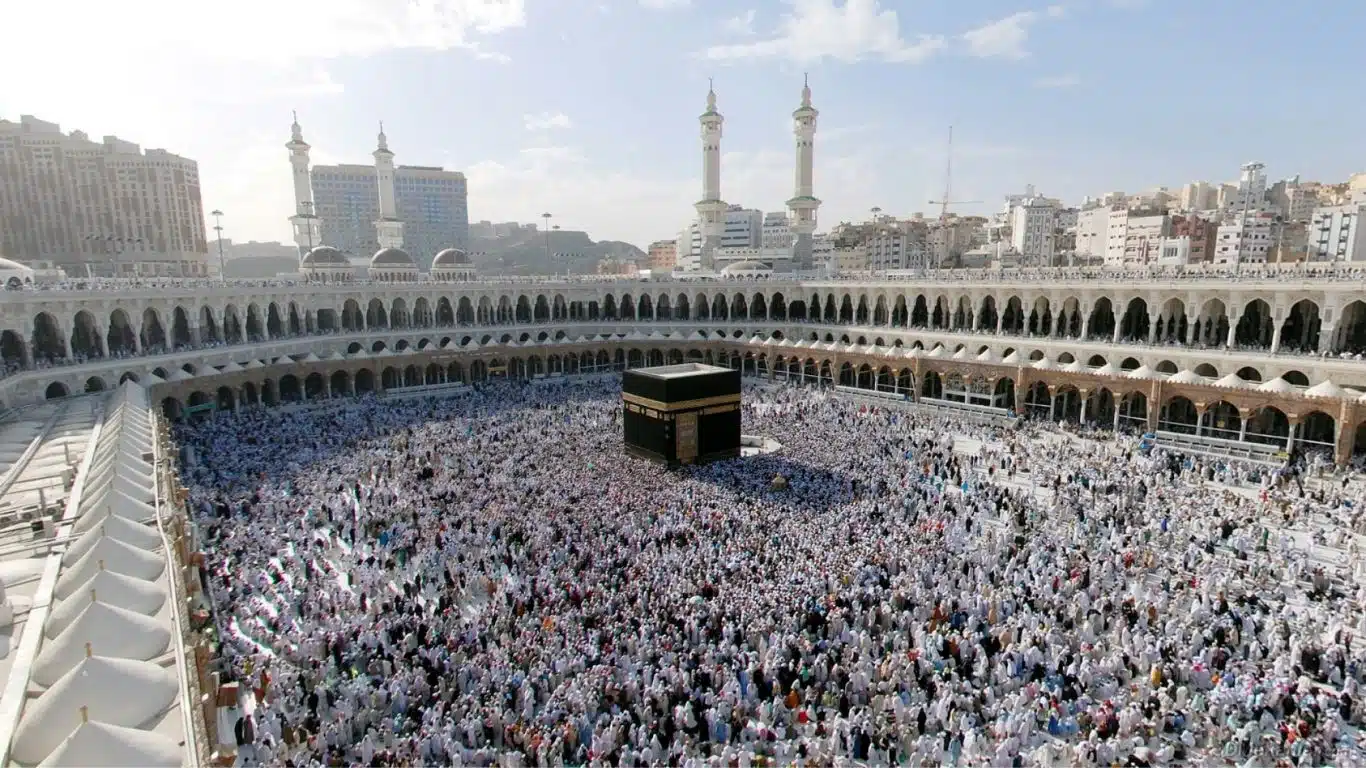
According to Islamic belief, the Day of Judgment, also known as Yawm al-Qiyāmah, is the time when all humans will be judged by God based on their actions during their lifetime. Individual is believed to be responsible for their own actions and will be held accountable for them on the Day of Judgment. Muslims who have lived good lives in accordance with the teachings of Islam, including following the Five Pillars and striving for righteousness and compassion, will be rewarded with entry into paradise, or Jannah.
This is described as a place of great beauty and enjoyment, with rivers of pure water, delicious food, and the companionship of loved ones. Those who have not lived according to Islamic teachings or have not sought to follow a righteous path will be punished in hell, or Jahannam, which is generally understood to be a place of suffering and torment, though the specifics are not elaborated upon in Islamic texts.
Hinduism
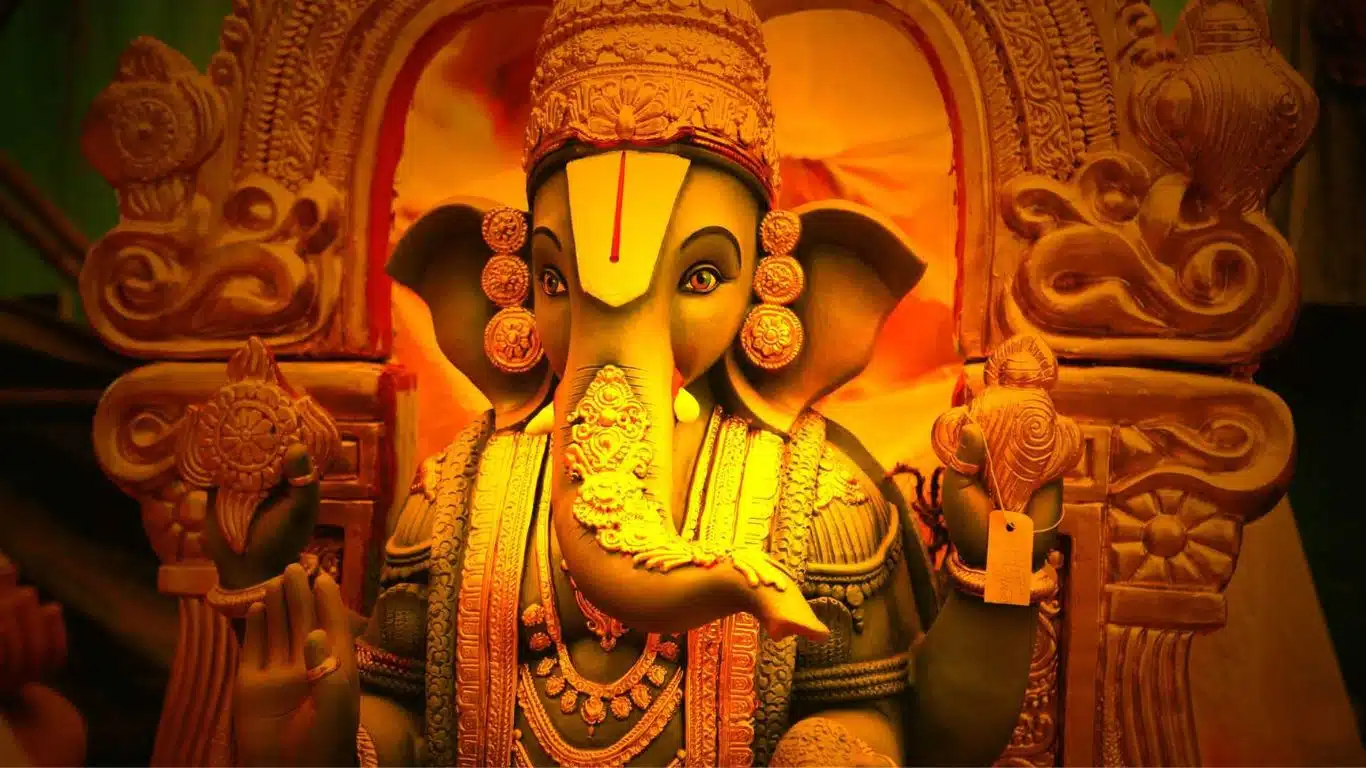
In Hindu belief, the concept of reincarnation, or samsara, is central to the understanding of the afterlife. Hindus believe that the soul, or atman, is eternal and indestructible, and that it is reborn into a new body after death. This cycle of death and rebirth is believed to continue until the individual reaches moksha, or spiritual enlightenment. At this point, the cycle is broken and the soul is released from the cycle of reincarnation and becomes one with the ultimate reality, or Brahman. The path to moksha is believed to involve living a good and virtuous life, following dharma (moral and religious duty), and pursuing knowledge and understanding. Hindus also believe in the concept of karma, the idea that the actions and intentions of an individual in this life will determine their circumstances in future lives.
Buddhism
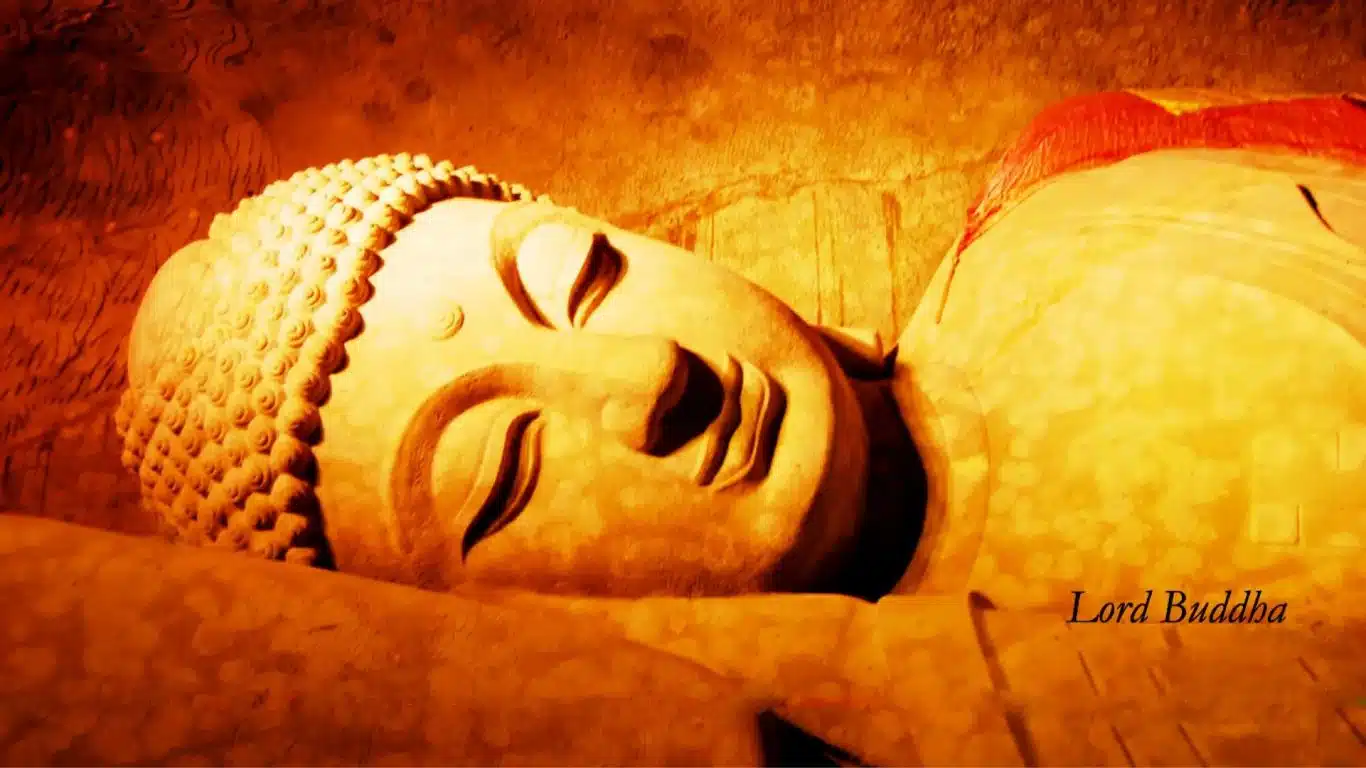
In Buddhist belief, the cycle of death and rebirth, or samsara, is driven by the actions and intentions of the individual. Buddhists believe that the goal of life is to break out of this cycle and achieve enlightenment, or nirvana. Nirvana is a state of complete peace and liberation from suffering, and it is attained through the cultivation of wisdom and the elimination of ignorance and desire.
One key difference between Buddhist and Hindu beliefs about reincarnation is that Buddhism does not posit the existence of a permanent self or soul that is reborn. In Buddhist belief, the self is seen as a temporary and constantly changing composite of the Five Aggregates (form, consciousness, perception, mental formations, and consciousness), and it is the attachment to this self that is the root cause of suffering. Through the practice of mindfulness and the cultivation of the Eightfold Path, Buddhists aim to let go of attachment to the self and ultimately attain enlightenment.
Judaism
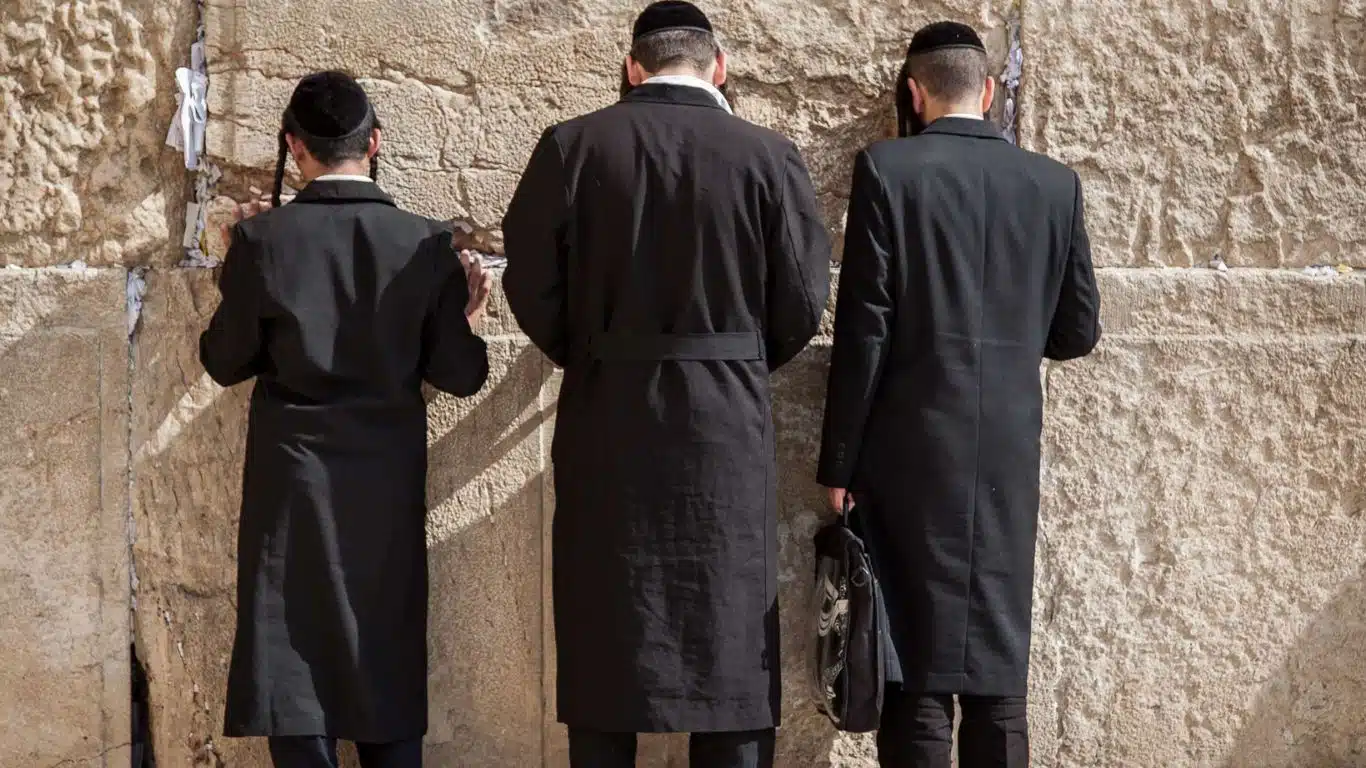
Jewish beliefs about the afterlife have evolved and varied over time, and there is no one single belief that is held by all Jews. In general, Jewish beliefs about the afterlife are not as central to the religion as they are in some other religions, and much of Jewish practice and ritual is focused on life in the present rather than the afterlife.
One belief that has been held by some Jews is the concept of an afterlife where the soul is judged and goes to either heaven or hell. This belief is similar to the belief held by some Christians and Muslims. Other Jews have believed in the concept of reincarnation, the idea that the soul is reborn into a new body after death. Still others see death as the end of individual existence and focus on the importance of living a good and meaningful life in the present. It is also worth noting that some Jews do not believe in an afterlife at all, and see death as the end of consciousness and individual existence.
Also Read: The Egyptian Myth of The Book of The Dead and The Journey to The Afterlife


